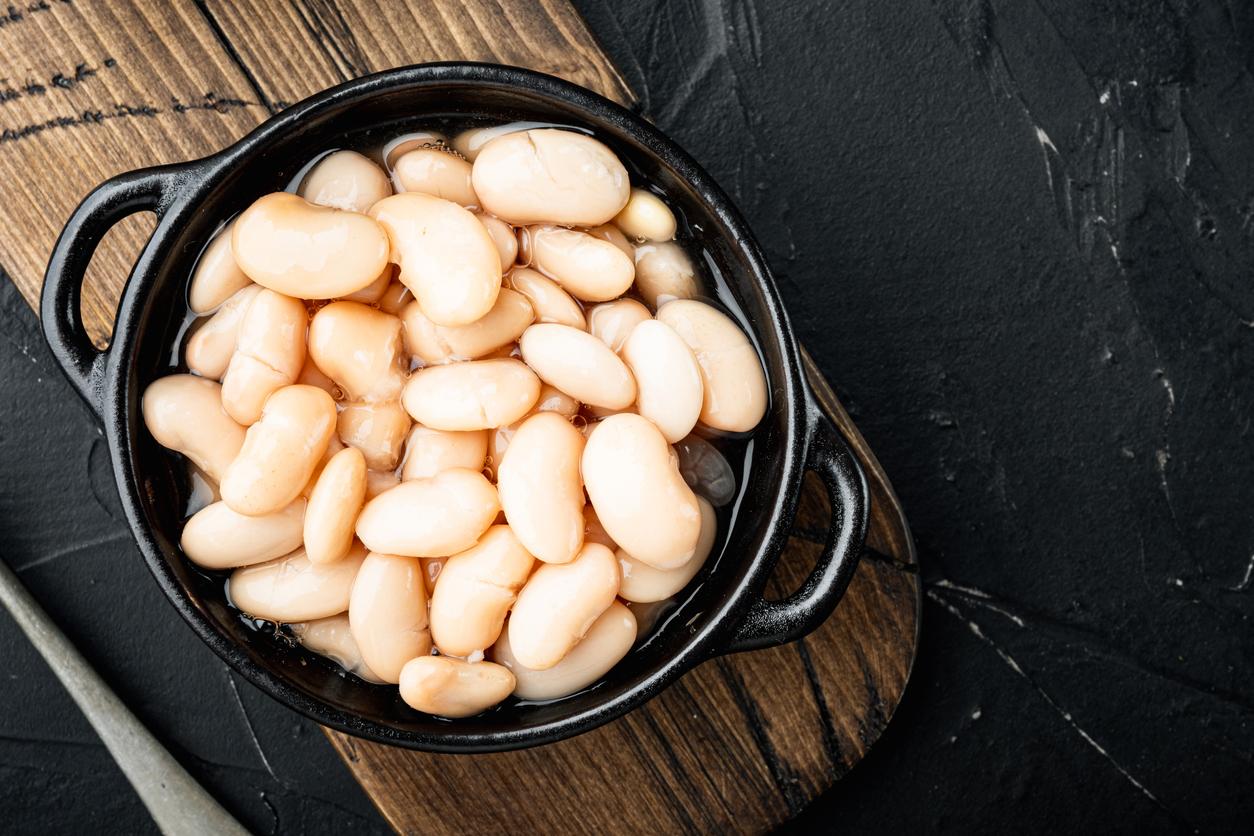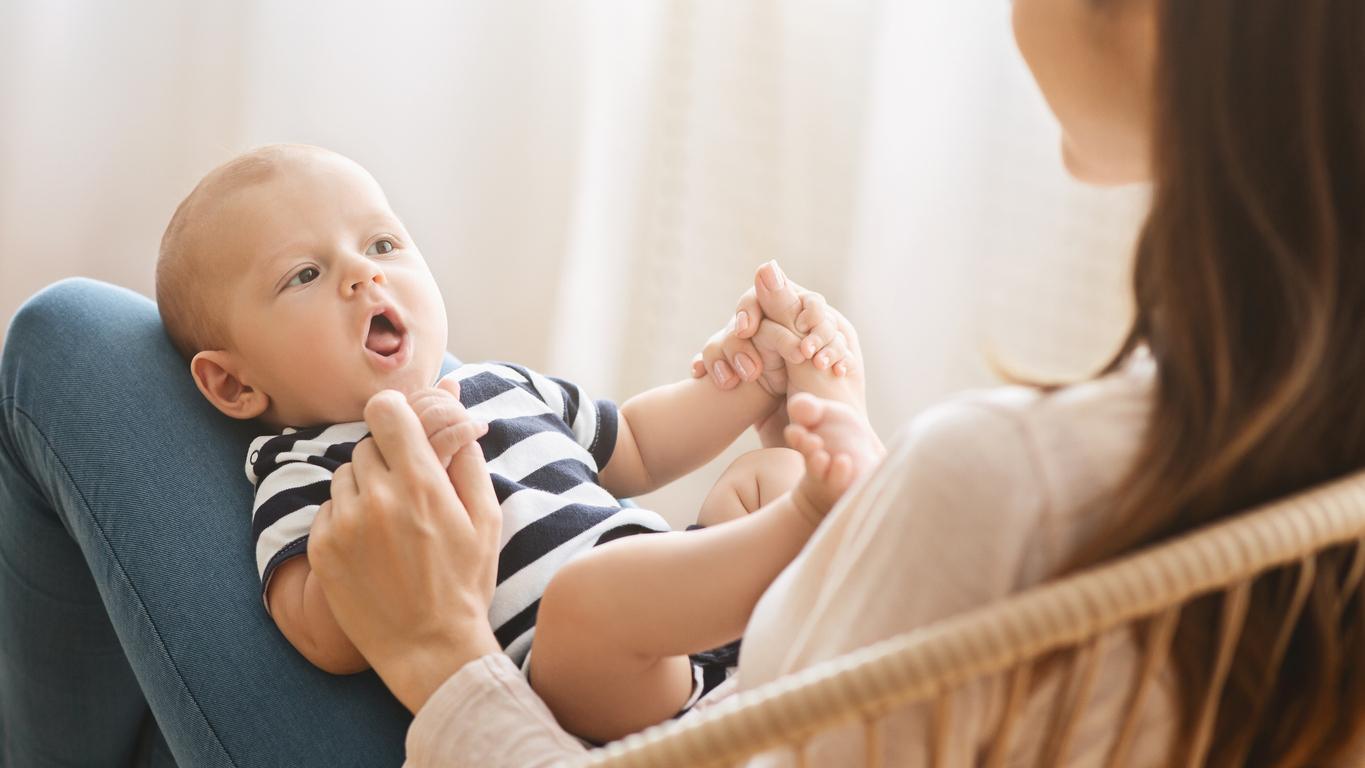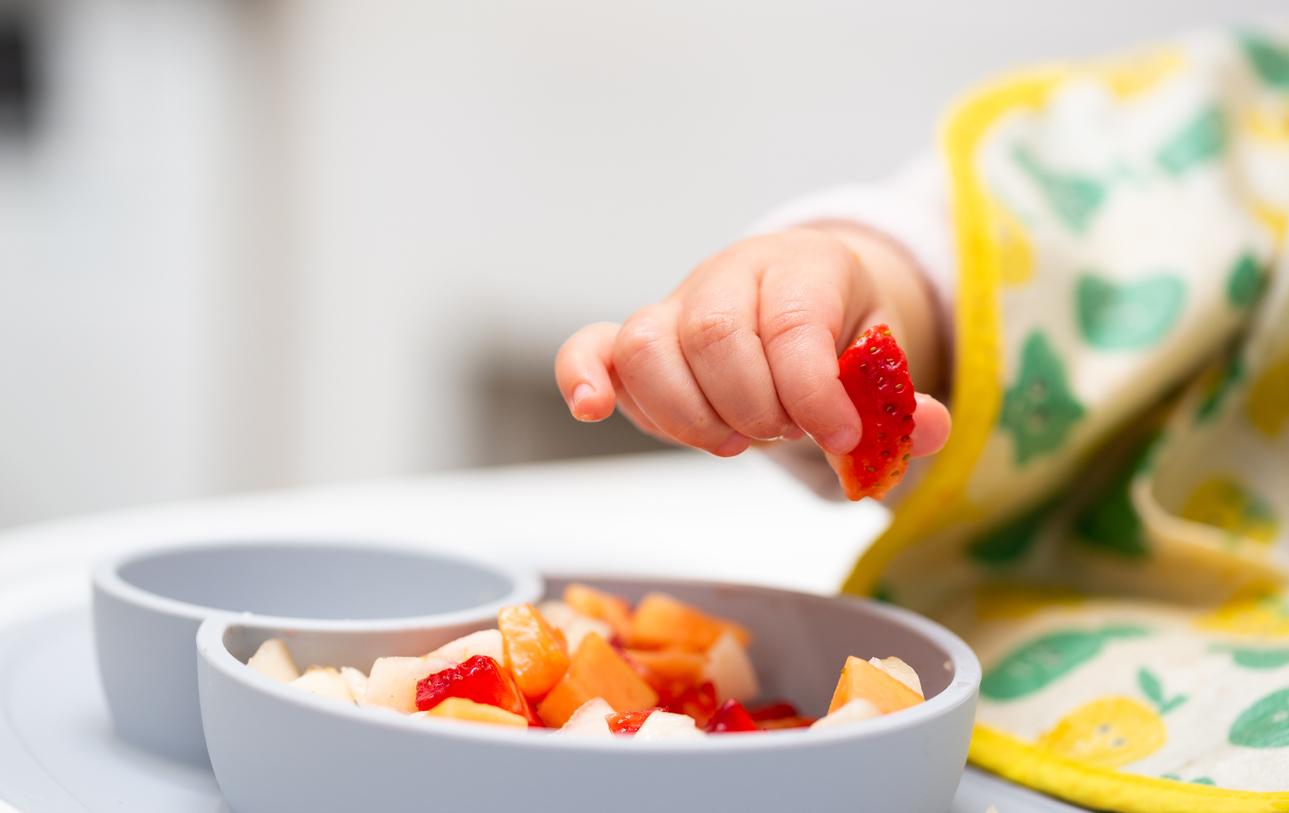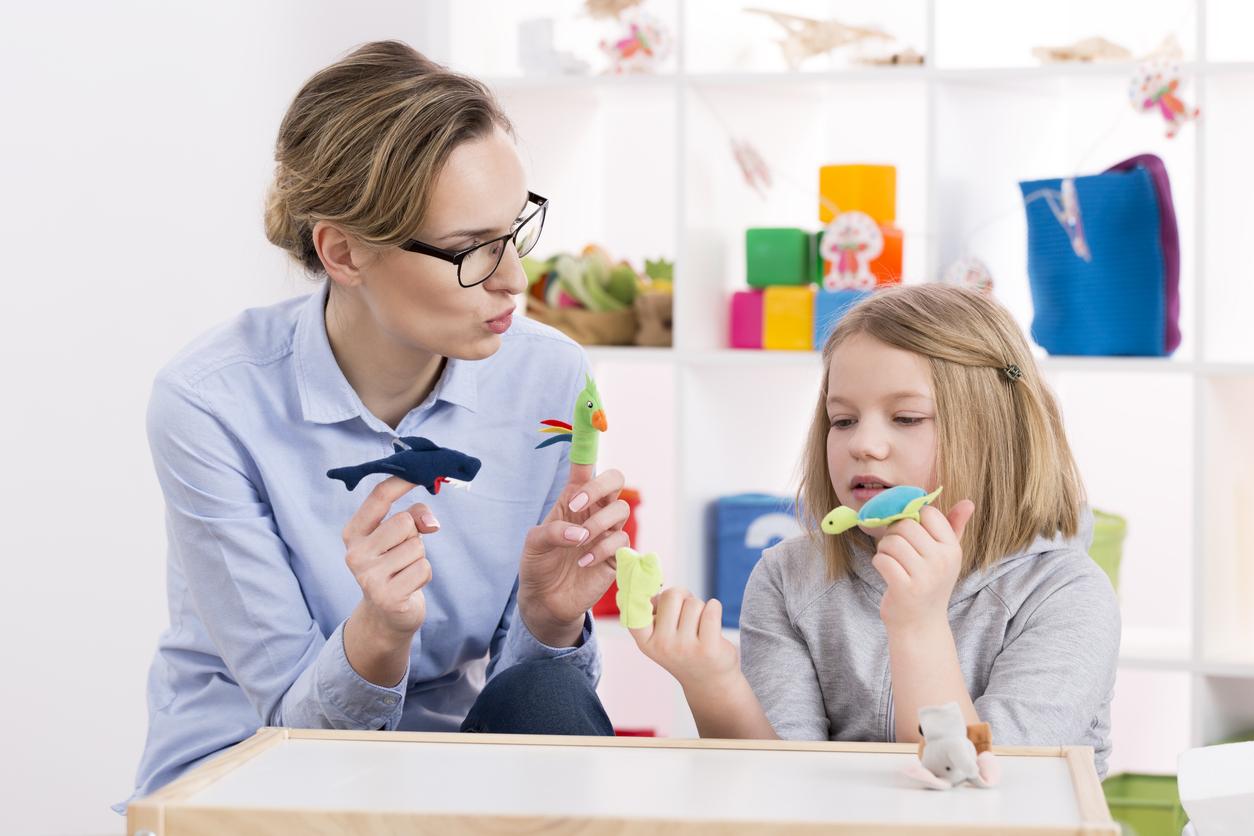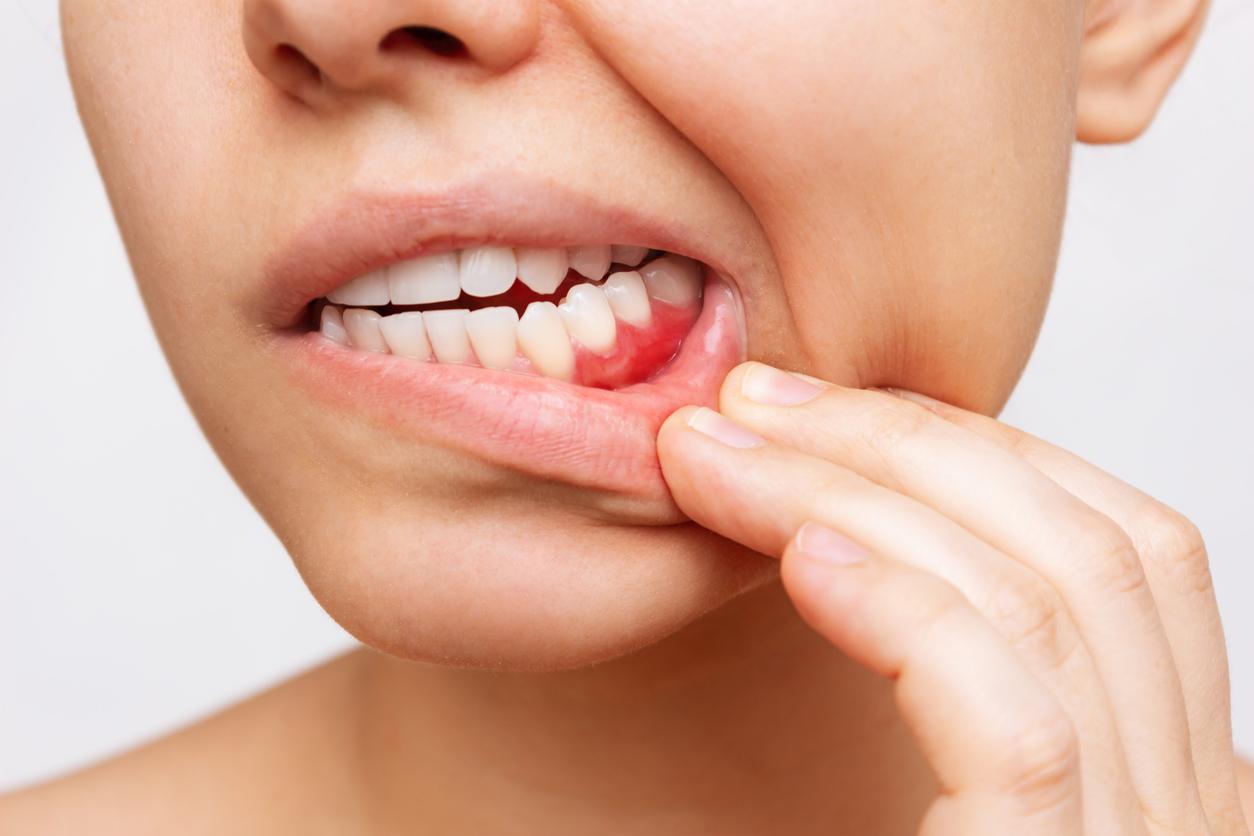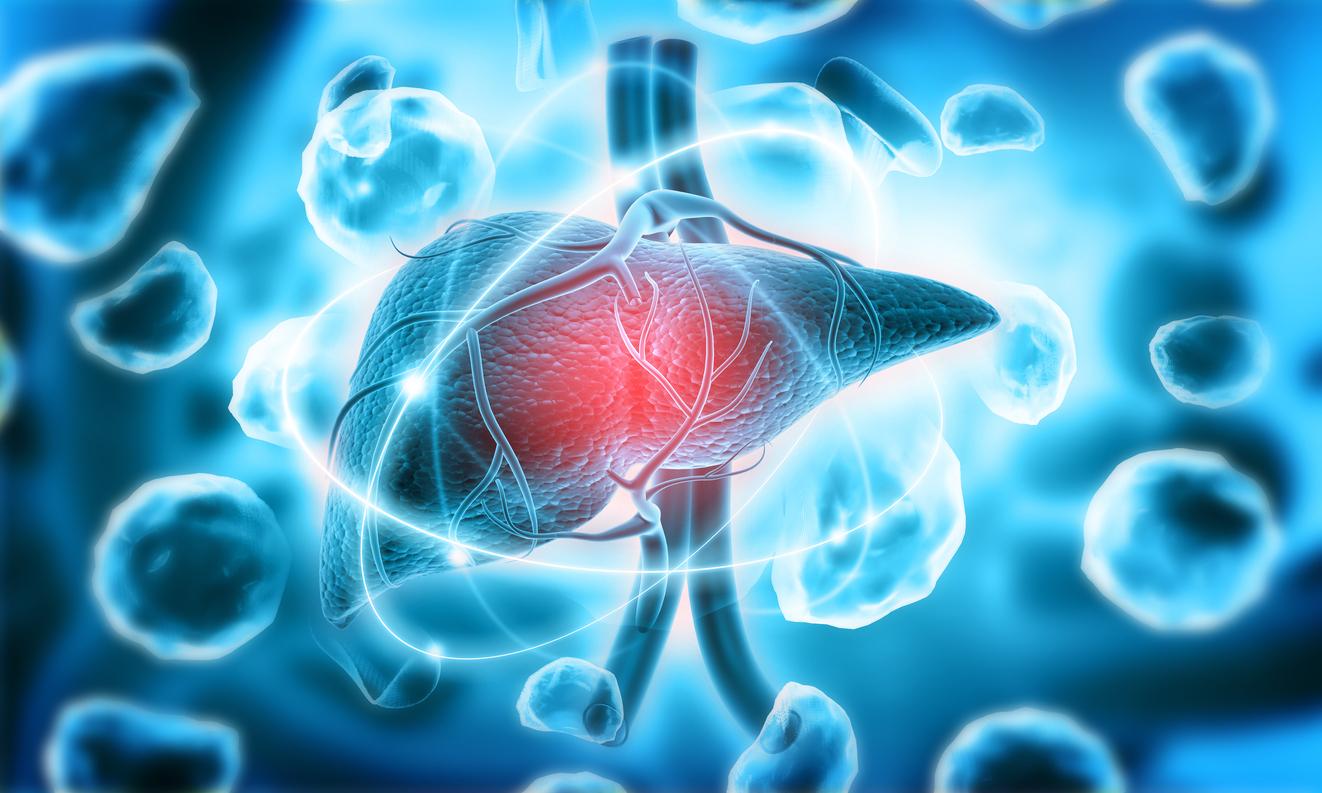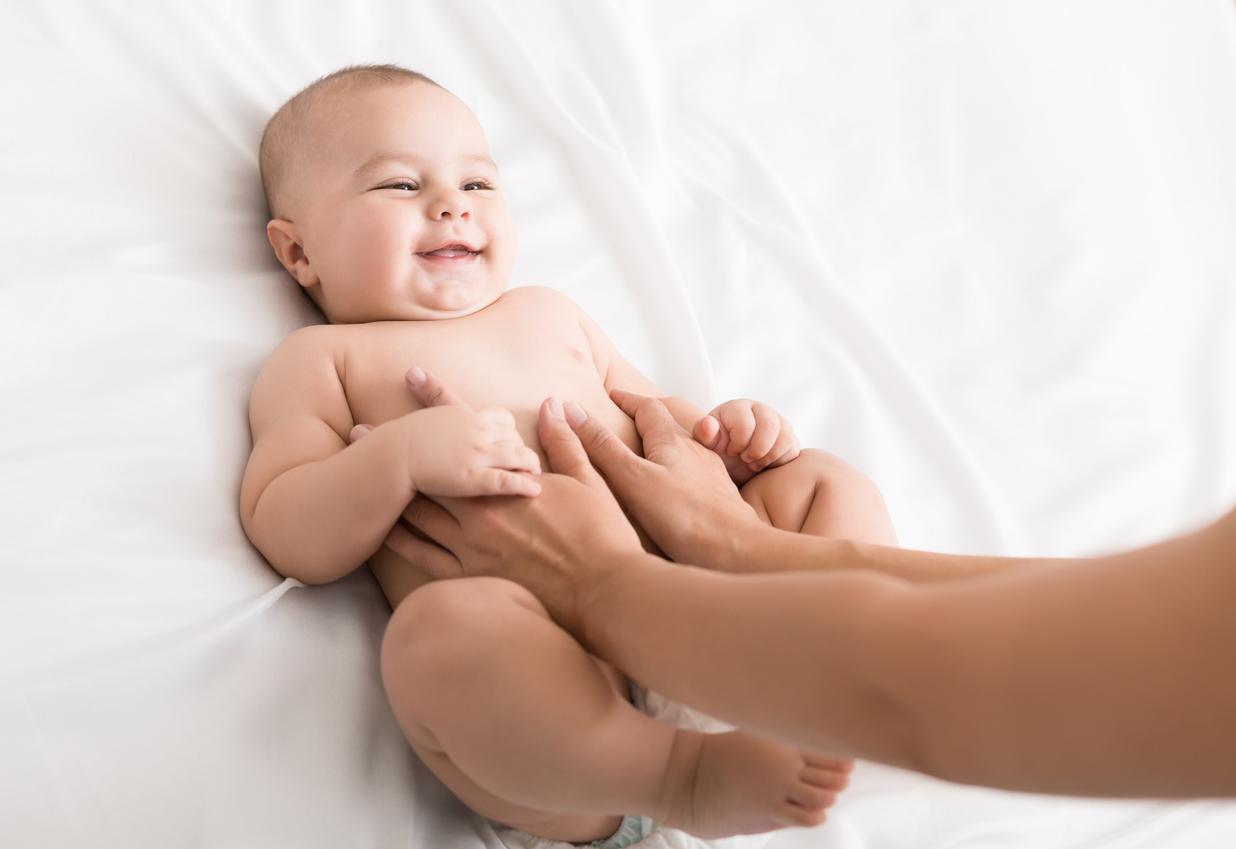This study, which is the first to look at the association between the composition of the infant microbiome and behavioral problems in children, sheds light on the differences that exist between little girls and little boys.

- From birth, the behavior of the gut microbiome plays a role in the development of neurobehaviours in young children.
- However, changes in the microbiome occur long before the onset of disorders such as anxiety or depression.
- The composition of the gut microbiome influences girls and boys differently, the study also shows.
The intestinal microbiome, that is to say the ecosystem in which the microorganisms of the human digestive tract evolve, does not only influence our digestive health. Numerous studies have documented the link between the intestinal microbiome and the development of behaviors such as depression, anxiety or attention deficit hyperactivity disorder (ADHD). But until now, there has been little to no human data to characterize the role of the microbiome during infancy in relation to these outcomes in children, and how they may differ in boys and girls. .
This is now done with this study conducted by the University of Dartmouth (United States) and published in the journal Pediatric Research.
“Much of the previous research has focused on participants who already had symptoms of depression or anxiety, explains Hannah Laue, first author of the study. We wanted to look very early, before these behaviors were expressed, to see if we could establish whether the microbiome was influencing neurobehaviour or if it was the other way around.”
Focusing on infancy also allowed researchers to study a critical window of time, when the brain may be particularly sensitive to changes in the microbiome.
A link between microbiome and behavioral development
To determine whether differences in the infant microbiome influenced neurobehaviour, and whether this behavior varied in boys and girls, the team used a New Hampshire birth cohort study. Created in 2009, it makes it possible to study the role of environmental factors on the results of pregnancy and the newborn.
For the study, the researchers analyzed stool samples from 260 infants when they were six weeks old, one year old and two years old. They were thus able to characterize the species of microbes present in the intestine of each participant and their functions. They then used an instrument called the Behavioral Assessment System for Children, which measures a wide range of clinical and adaptive behaviors in children and young adults, to assess their behavioral development.
Differences in the behavior of girls and boys
The researchers were able to see that the changes in the microbiome occurred long before the behavioral changes. They also noticed that the microbiomes of infants and young children were well linked to neurobehaviours such as anxiety, depression, hyperactivity and social behaviors, in a time- and sex-specific way.
“For example, we found that increased diversity in the gut was better for boys, meaning it was associated with fewer behaviors like anxiety and depression, but not for girls”, explains Pre Laue. According to the researcher, the diversity of microorganisms present in the microbiome could be beneficial for boys, but not for girls. “We also found differences in certain species of bacteria and the essential functions they perform – such as vitamin B synthesis – that were also linked to these findings.”
“We hope the results will inform future studies that can look a little deeper into some of our specific findings and clarify whether they could be developed as probiotics or other types of interventions such as promoting feeding with milk”concludes Hannah Laue.

.







